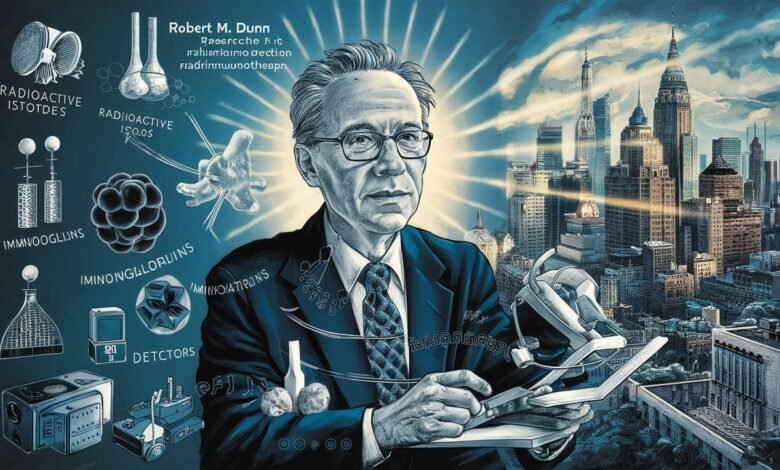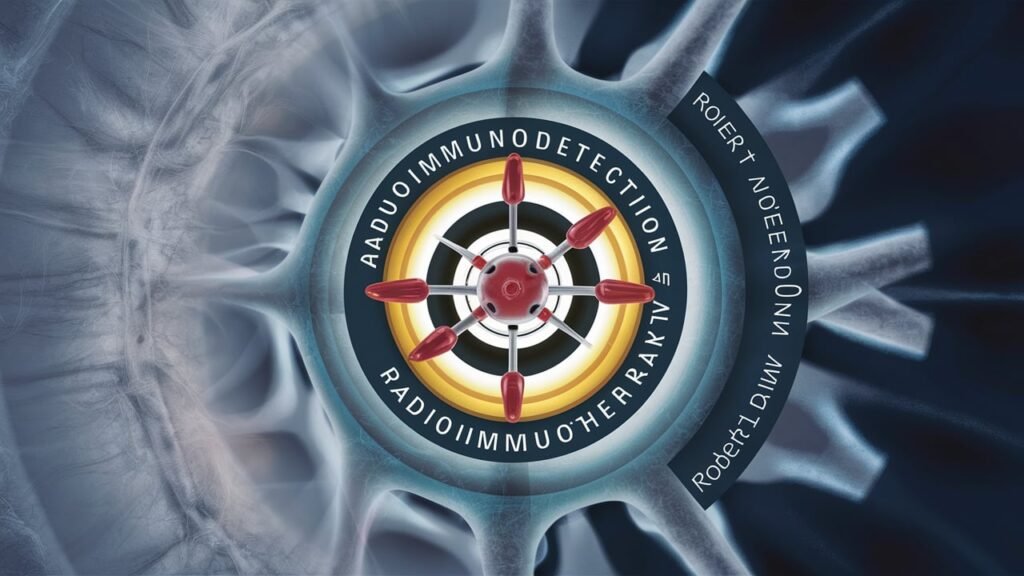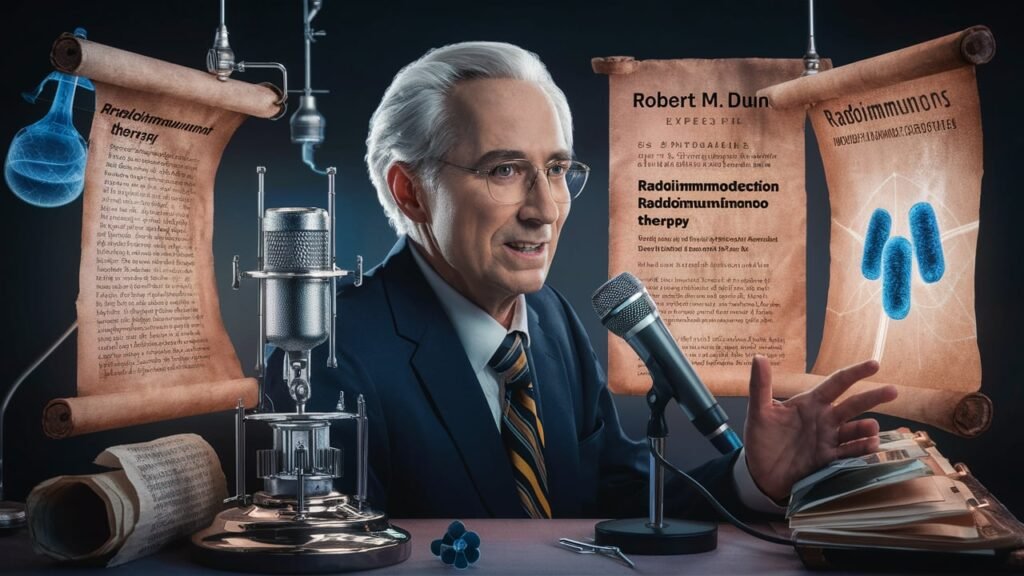Robert m dunn radioimmunodetection and radioimmuntherapy pucblicatiso

Robert M. Dunn has emerged as a prominent figure in the fields of radioimmunodetection and radioimmunotherapy, contributing groundbreaking research that has profoundly influenced cancer diagnosis and treatment methods. This article provides a detailed overview of his pivotal work, emphasizing the methodologies, findings, and impacts of his research.
Understanding Radioimmunodetection and Radioimmunotherapy
Radioimmunodetection and radioimmunotherapy represent innovative approaches in cancer management, leveraging the specificity of antibodies to target cancer cells while minimizing harm to healthy tissues.
- Radioimmunodetection involves the use of radiolabeled antibodies to locate and visualize cancerous tissues. This technique enhances diagnostic accuracy by providing real-time imaging.
- Radioimmunotherapy, on the other hand, uses similar antibodies conjugated with radioactive isotopes to deliver targeted radiation, effectively destroying malignant cells.
Robert M. Dunn’s contributions have significantly advanced both domains, leading to improved diagnostic tools and therapeutic options.
Key Publications by Robert M. Dunn
Innovations in Radiolabeling Techniques
One of Dunn’s notable achievements lies in refining radiolabeling methods. His research focuses on developing stable and high-affinity radioconjugates to enhance the precision of imaging and therapeutic agents. By optimizing isotope selection and antibody conjugation, his work ensures prolonged efficacy and reduced off-target effects.

Clinical Applications and Trials
Dunn has actively participated in clinical trials evaluating the safety and efficacy of novel radioimmunoconjugates. His studies often involve patients with difficult-to-treat cancers, such as metastatic melanoma and refractory non-Hodgkin’s lymphoma. These trials underscore the therapeutic potential of targeted radiotherapy in improving survival rates and quality of life.
Hybrid Modalities
Dunn has also explored hybrid modalities combining radioimmunotherapy with other treatments like chemotherapy and immunotherapy. His research highlights the synergistic effects of these combinations, demonstrating enhanced tumor eradication and reduced recurrence rates.
Breakthrough Discoveries
Target-Specific Antibodies
Dunn’s work emphasizes the development of monoclonal antibodies tailored to recognize unique antigens on tumor cells. These antibodies serve as delivery vehicles, ensuring precise localization of radioisotopes and minimizing collateral damage.
Improved Isotopes for Therapy
In his research, Dunn has evaluated various radioisotopes, such as Iodine-131 and Lutetium-177, for their therapeutic potential. His findings suggest that isotope properties, including half-life and energy emission, play a critical role in determining treatment efficacy.
Advancements in Imaging
Dunn’s contributions to imaging techniques have revolutionized the detection of micro-metastases, enabling early diagnosis and intervention. His integration of positron emission tomography (PET) with radioimmunodetection enhances visualization, offering a clearer understanding of tumor biology.
Impact on Cancer Treatment
The implications of Dunn’s research extend beyond the laboratory. His innovations have:
- Enhanced Early Detection: Improved imaging technologies facilitate the identification of tumors at nascent stages.
- Increased Precision: Targeted therapies reduce systemic toxicity, preserving healthy tissues.
- Extended Survival Rates: Clinical data indicate significant improvements in patient outcomes, particularly in aggressive cancer types.

Challenges and Future Directions
Despite significant progress, several challenges remain in the field. Dunn’s ongoing research addresses issues such as:
- Immunogenicity: Mitigating immune responses against therapeutic antibodies.
- Radiation Toxicity: Developing protective measures to minimize adverse effects.
- Scalability: Ensuring cost-effective production of radiopharmaceuticals for widespread use.
Looking ahead, Dunn envisions integrating artificial intelligence and genomics to personalize treatments further, aligning with the broader trend toward precision oncology.
Conclusion
Robert M. Dunn’s contributions to radioimmunodetection and radioimmunotherapy have redefined cancer diagnosis and treatment paradigms. His pioneering research in antibody engineering, radiolabeling, and hybrid therapies continues to inspire advancements, offering hope to millions affected by cancer.



